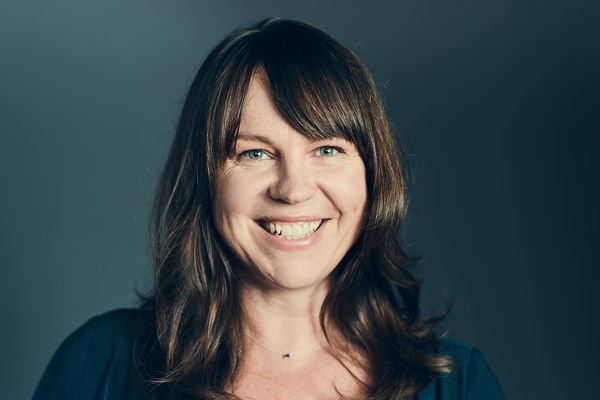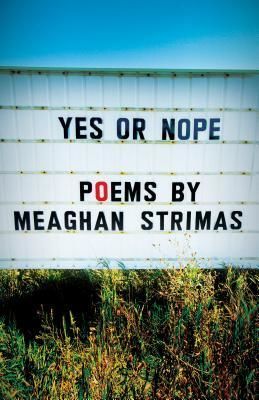Making the Leap: Why Writing Programs Matter Right Now
By Meaghan Strimas
I’ve been on campus exactly once since March 2020, during the height of one of the province’s lockdowns, to pack up my old office at Humber College’s Lakeshore Campus. I was leaving my post as the program coordinator for the Professional Writing & Communications program to head up the college’s new Honours Bachelor of Creative & Professional Writing program. It was obvious that no one had been around in weeks, and the security guard checked up on me more than once to see if I needed help carrying boxes. (I am guessing he was excited to see another human being in the building.) It was an anticlimactic way in which to leave a program that I’d nurtured for a handful of years. I felt like a burglar performing a very boring daylight robbery.
The hallways and classrooms of colleges and universities have been largely empty these past two years, but writing programs have been clipping away, operating online and even experiencing growth in student numbers—maybe in part because of the way both creative writing and communications have been reframed over the course of this pandemic. We’ve rekindled our love of reading, we’ve realized the value of creating art, and we’ve seen how bungled or fuzzy communications can impact all of our lives.
A program like my old one, Professional Writing & Communications, grew in popularity because of its highly practical curriculum and the opportunity to complete a work placement. Current student Hafsa Siddiqui says she enrolled because completing an undergrad had not prepared for an actual career. “I realized that while I could study for 10 hours straight, I was nowhere near 'job ready,’” Siddiqui says.
Alissa York, who coordinates Humber’s Graduate Certificate in Creative Writing, sees the growth in her program as a sign of courage. York says that, over the past two years, “many people who have the option to prioritize their writing have decided to take the leap.”
Taking the leap and being job-ready also describes the shift I made to my new role at Humber, which is one I feel I’ve been working toward my entire career, even if I didn’t always know it. Acting as the financial assistant to a well-known author, as program administrator for the University of Guelph’s esteemed Creative Writing MFA program, and as a book publicist, working at a magazine about book publishing, publishing my own books, editing books by others, even hanging out with other writers after events (something I didn’t get paid for…)—all of it plays into my sense of what this new degree is about. I see the Bachelor of Creative & Professional Writing as a place where we can show emerging writers how to work their talent for writing and storytelling from all angles.
Your CanLit News
Subscribe to Open Book’s newsletter to get local book events, literary content, writing tips, and more in your inbox
Writing programs have long been the target of skeptics. Can you really teach a person how to be a good storyteller? Aren’t they simply born with it? And if you can, will an organized creative writing workshop dampen all that is original and non-homogenous about their work? All worthwhile questions that have been hashed out at exhaustive length elsewhere. I believe there are great writers who emerge from programs like Humber’s and others, and there are great writers who never go near them. What writing programs can do is offer writers a community, plus the time and space to explore and practice their craft. The importance of that is huge right now, when so many people have endured such incredible ups-and-downs with their mental health. My students have demonstrated incredible resilience these past couple of years, but I’d be lying if I said it hasn’t been rough. There’ve been days when I’ve felt more like a motivational speaker or counsellor than a teacher. One of my writer-educator colleagues, Eufemia Fantetti, recently floated the concept of a generative writing workshop to me. She’s a firm believer that creating a space where students can simply focus on writing material based off prompts will alleviate some of the pressure they experience. I love the idea of a workshop that follows a no-grades-attached and no-assignments-due model. It inspired me to rethink how I’ll be assessing my first-year students in their CW workshops.
Ideally, writing programs are also a place where writers can engage with ideas and approaches they might not otherwise encounter. In my own writing workshops, we’ll be using Felicia Rose Chavez’s book The Anti-Racist Writing Workshop as one of our guides, as well as Gregory Younging’s Elements of Indigenous Style. And a program like mine can challenge writers just by exposing them to unfamiliar forms. Some writers will hate me for saying this, but the skills required to write a brilliant script or story are not completely distinct from those needed to craft an effective press release or journalistic profile. Learning how to tell other peoples’ stories is bound to make any writer even better at telling their own. Which is what makes this program one that emerging writers want and deserve, now more than ever. Honestly, just about every writer with whom I’ve shared the curriculum has said something similar to what my colleague Linsday Zier-Vogel recently exclaimed: “I wish I’d done it back in the day!“
I haven’t yet picked up the key for my new office, which happens to be located about a few dozen yards from my old one, but I am already having visions of welcoming my new students to it in the fall.
The views expressed by Open Book columnists are those held by the authors and do not necessarily reflect the views of Open Book.
Meaghan Strimas is the author of three collections of poetry: Junkman’s Daughter, A Good Time Had by All and Yes or Nope, which received the Trillium Book Award for Poetry. She is the editor of The Selected Gwendolyn MacEwen and the co-editor of Another Dysfunctional Cancer Poem Anthology (with the late Priscila Uppal). She leads Humber College's new Bachelor of Creative & Professional Writing program, which launches in the fall of 2022. Strimas has an essay forthcoming in the anthology Good Mom on Paper: Writers on Creativity and Motherhood (May 2022). You'll find her in Hamilton, Ontario, where she lives with her family.





